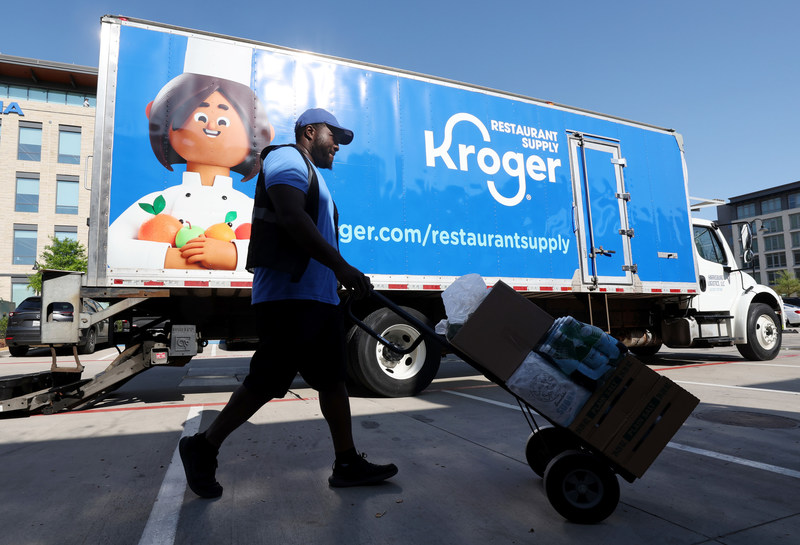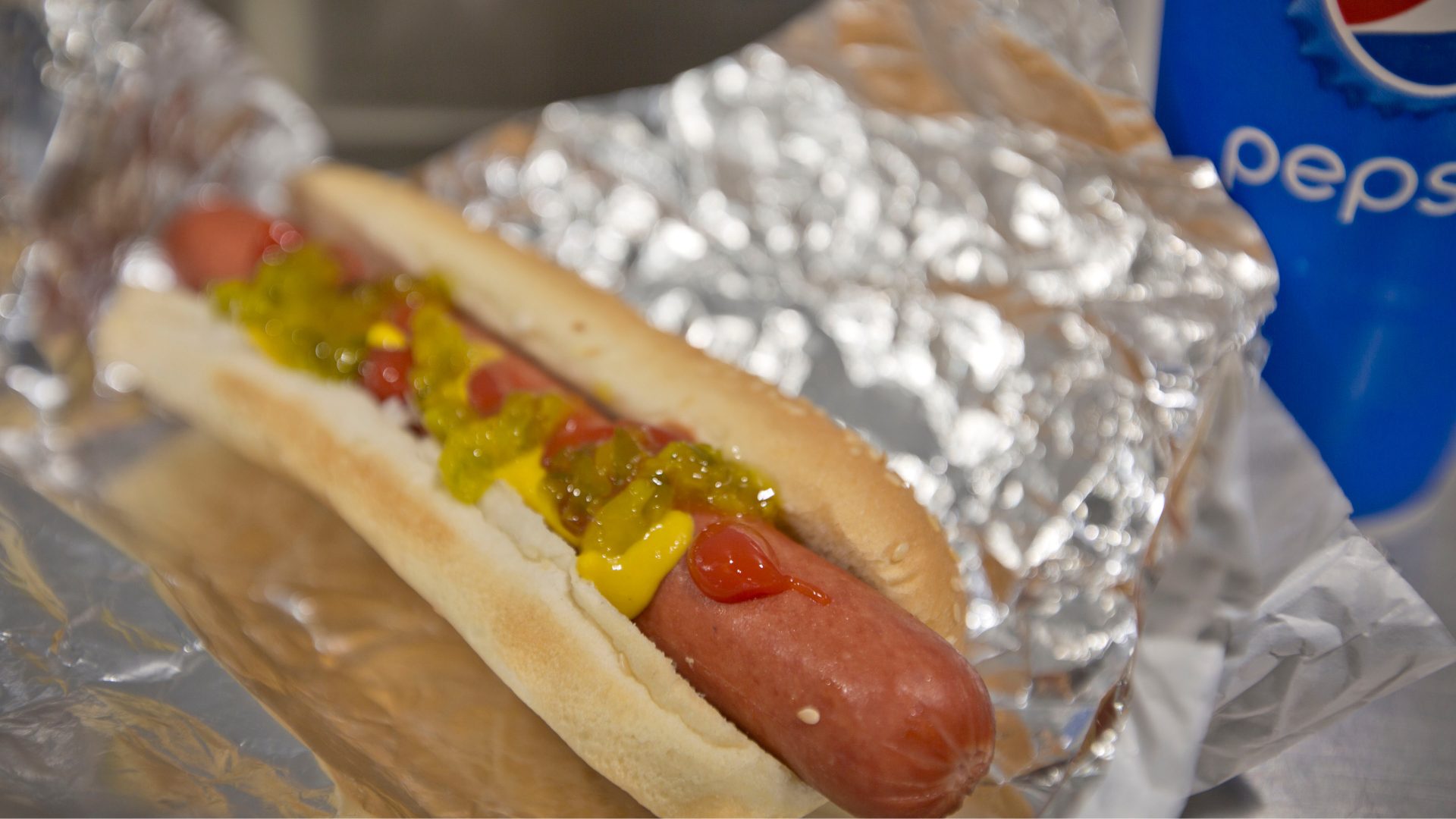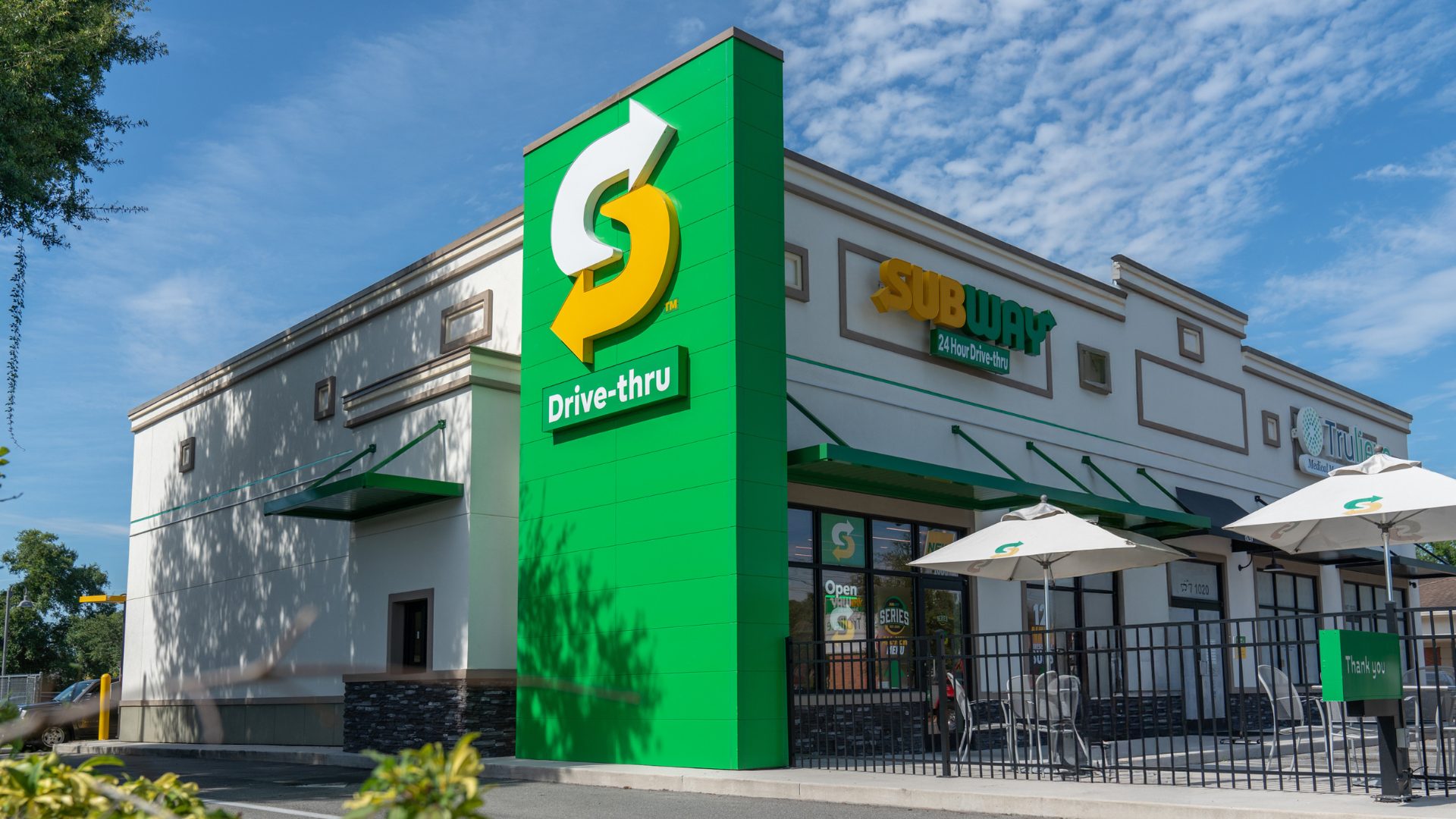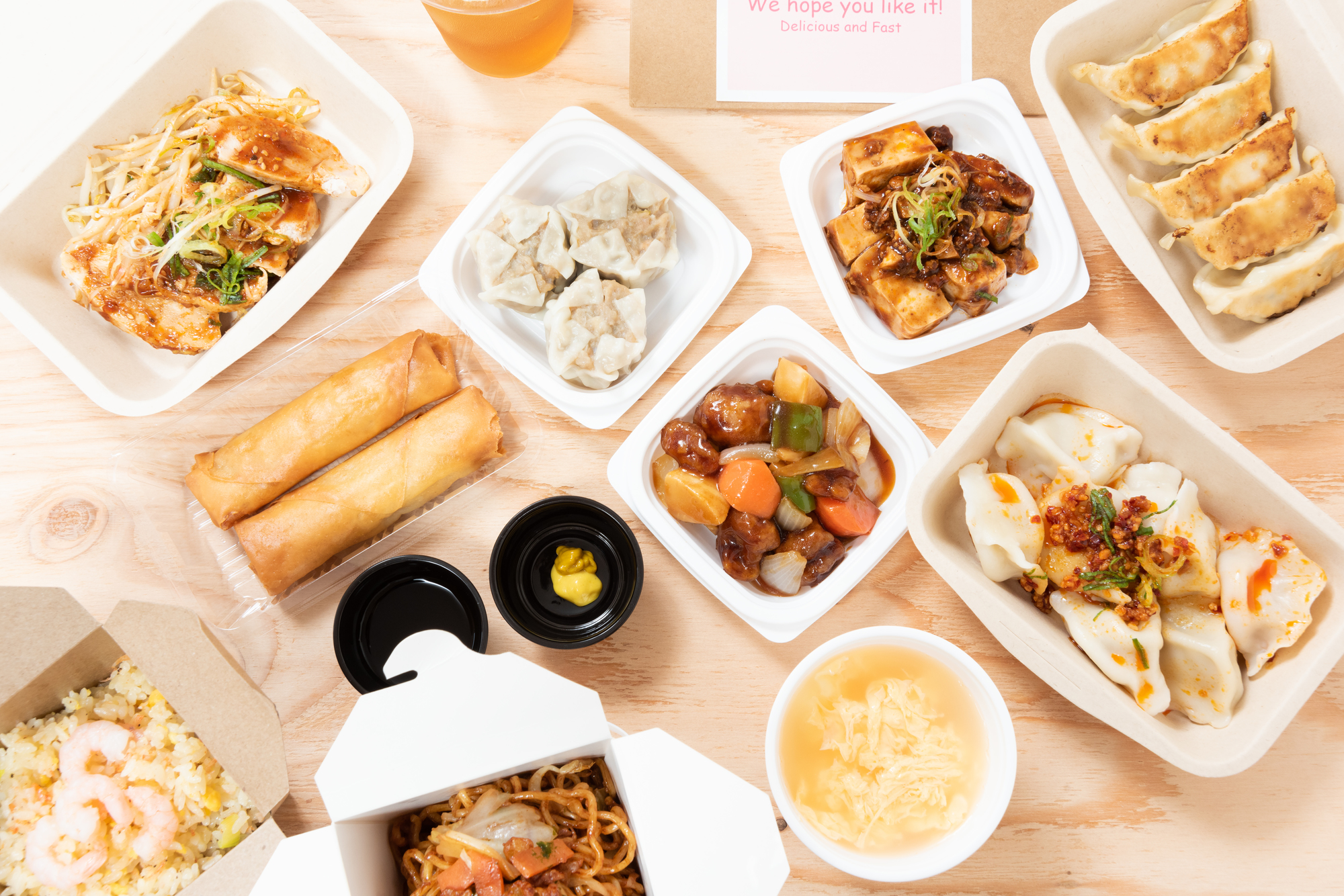Image courtesy of The Kroger Co.
Kroger is trying its hand at foodservice distribution.
The grocer recently launched a restaurant supply business that offers next-day delivery to businesses in the greater Dallas area.
Kroger Restaurant Supply offers an alternative to ordering in large quantities on a set schedule, according to a press release. The service offers “competitive wholesale pricing” by the case or unit for delivery seven days a week.
The news comes as supply chain bottlenecks impact nearly every restaurant and could be particularly helpful for small and independent restaurants.
The Food Institute explored what impact this development could have on the foodservice distribution industry.
HOW COULD THIS MOVE THE MARKET?
“The foodservice distribution industry has evolved over the decades, proving resilient to market entrances, territory expansions, consolidations, etc.,” foodservice industry veteran Taylor Crown told The Food Institute.
Crown noted that, should the move offer customers different sources of value or a highly differentiated experience, it could affect the market.
“Conceptually there is something interesting about a 360 approach to food— traditional retail grocery, prepared foods, foodservice-in-retail, to foodservice distribution; but truly to be compelling it must add incremental value to B2B customers,” he said.
WHAT ABOUT EXPANSION?
For now, the service is limited to businesses in the Dallas area. Should it expand, it could create new distributor partners for suppliers, Crown noted, but it really depends on the approach to national brand, private label, product assortment and category management.
“Ironically, Dallas is among the most well served markets in broadline foodservice distribution,” he said. “Should value-creating innovations survive there, in the crucible of such a competitive market, expansion may be forthcoming.”
“GROCERANT” TREND DEVELOPMENT
The move also builds upon the “grocerant” trend that picked up during the pandemic in which restaurants acted as grocery stores and vice versa.
“Grocery and restaurants compete for the same share of stomach, particularly now that so many grocers have become ‘grocerants,’ with extensive prepared food and a restaurant-style sit-down experience,” Scott Moses, Head of Grocery, Pharmacy & Restaurants at Solomon Partners, told The Food Institute.
Moses compared Kroger’s expansion into restaurants to the likes of Costco, BJ’s, Sam’s and Restaurant Depot.
“This is another manifestation of America’s broad food retail landscape, which goes far beyond supermarkets, and clearly demonstrates continued convergence of grocery and restaurants,” he said.












